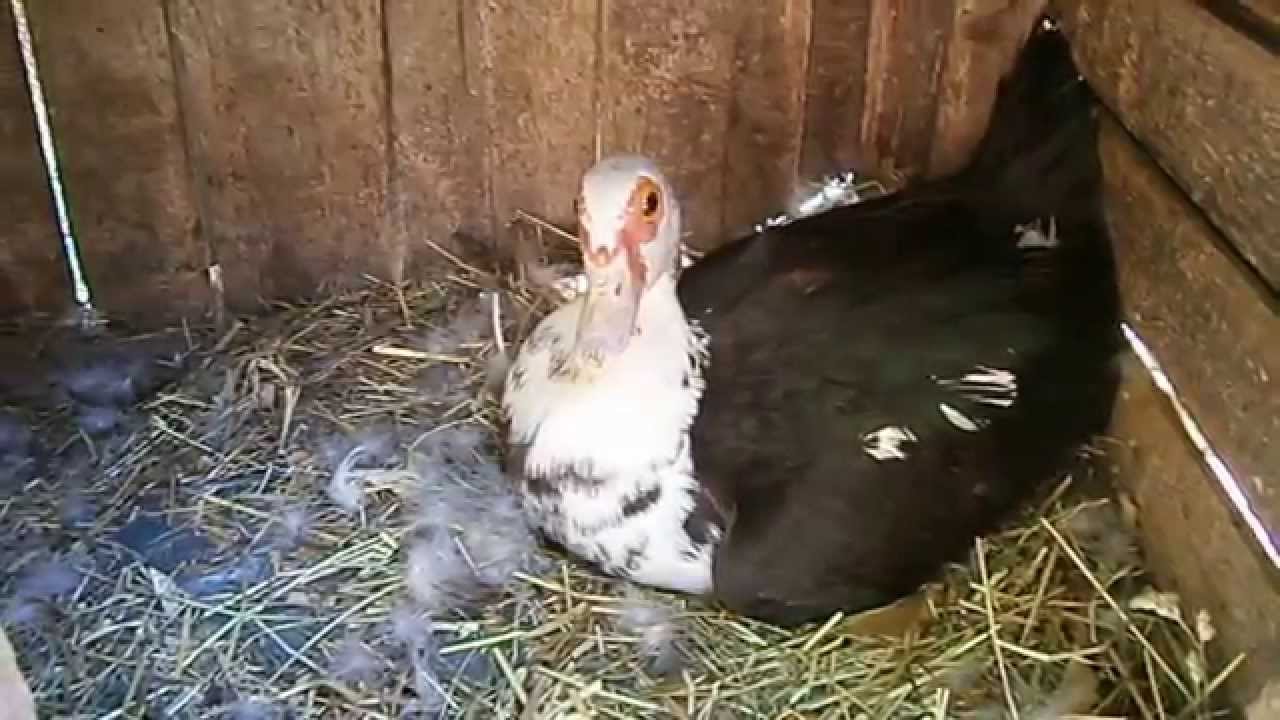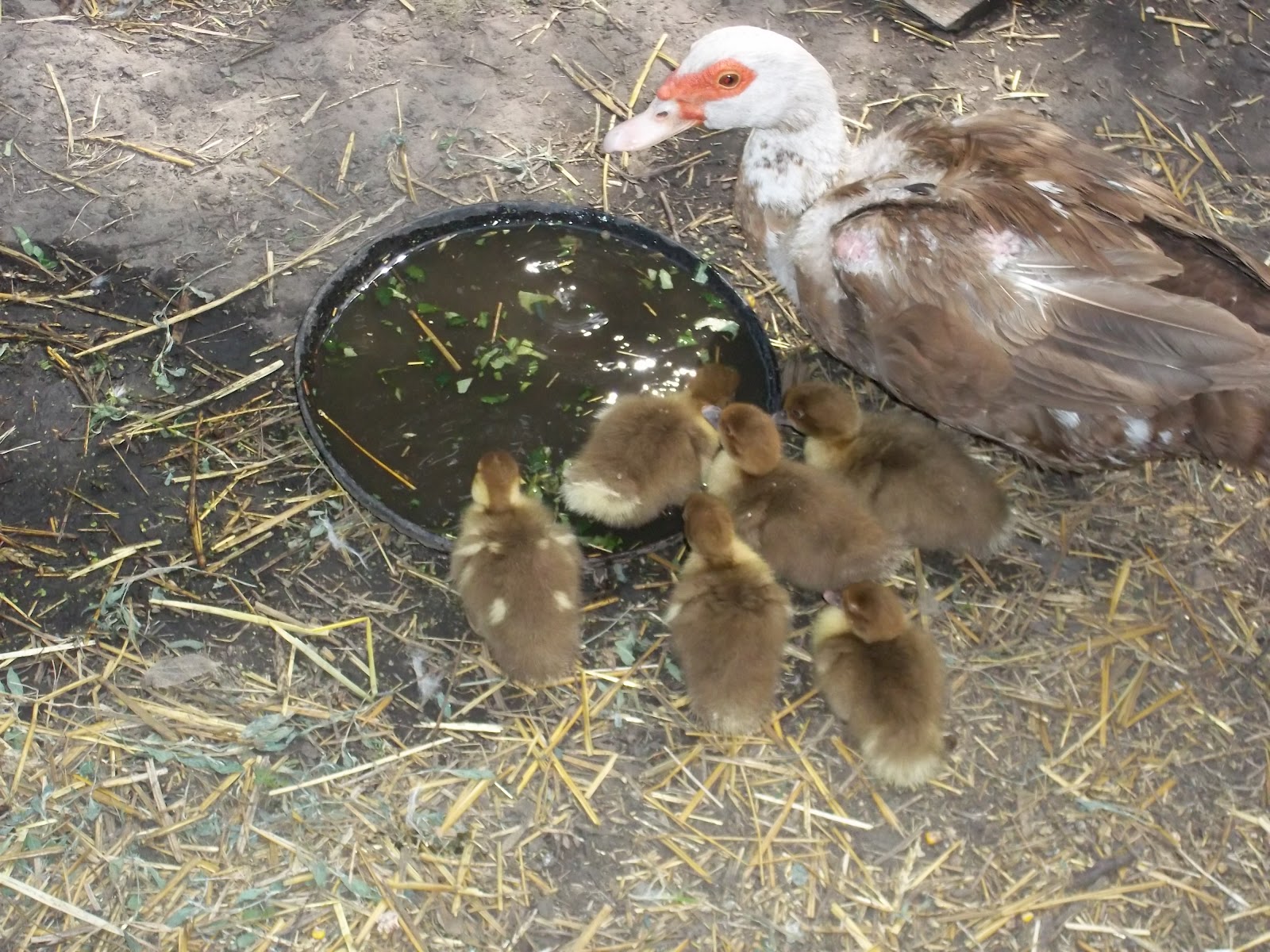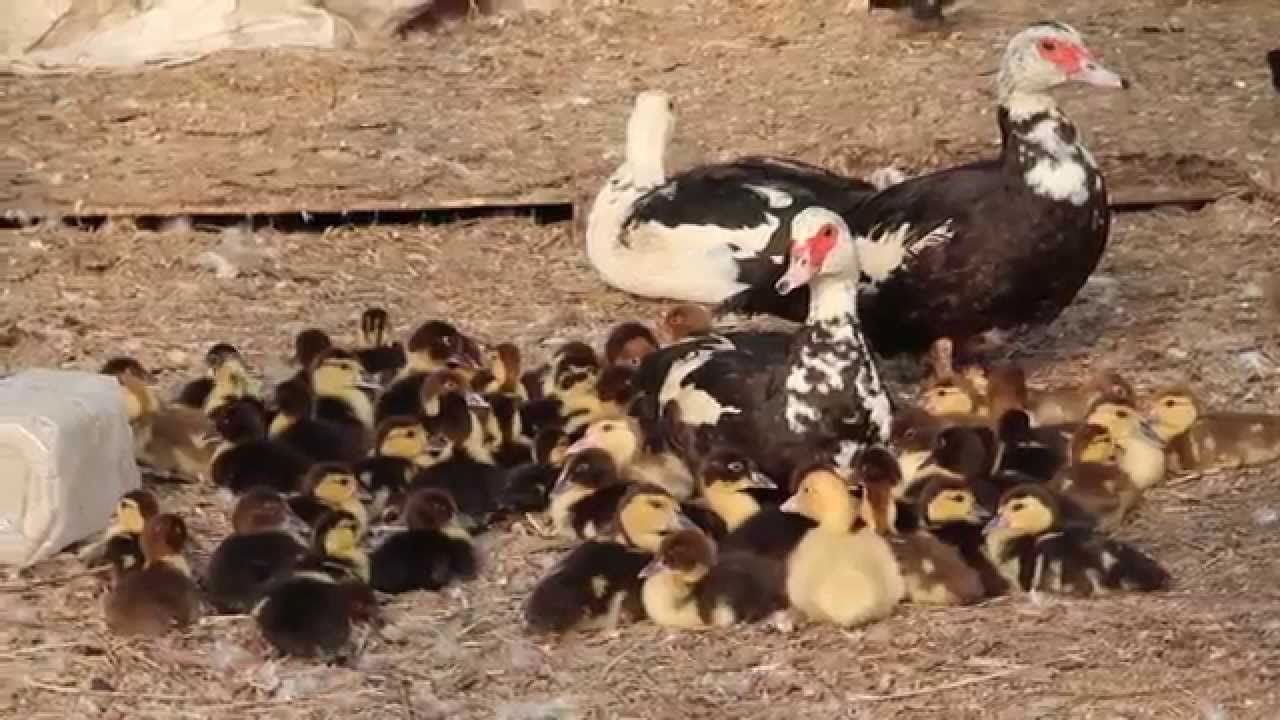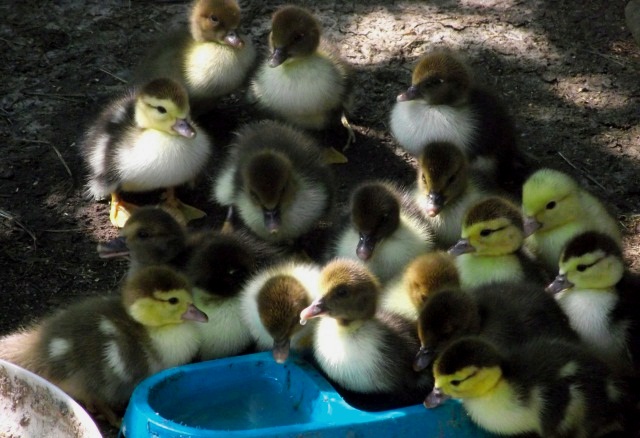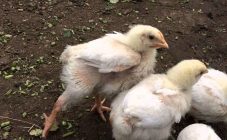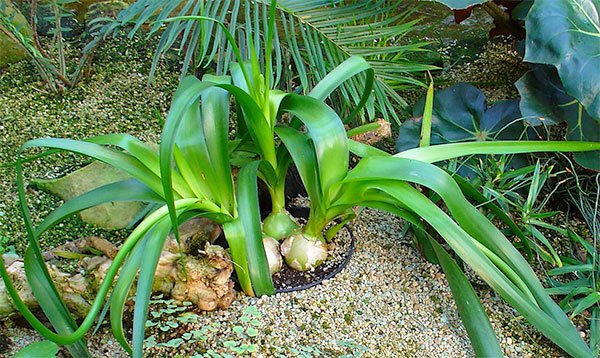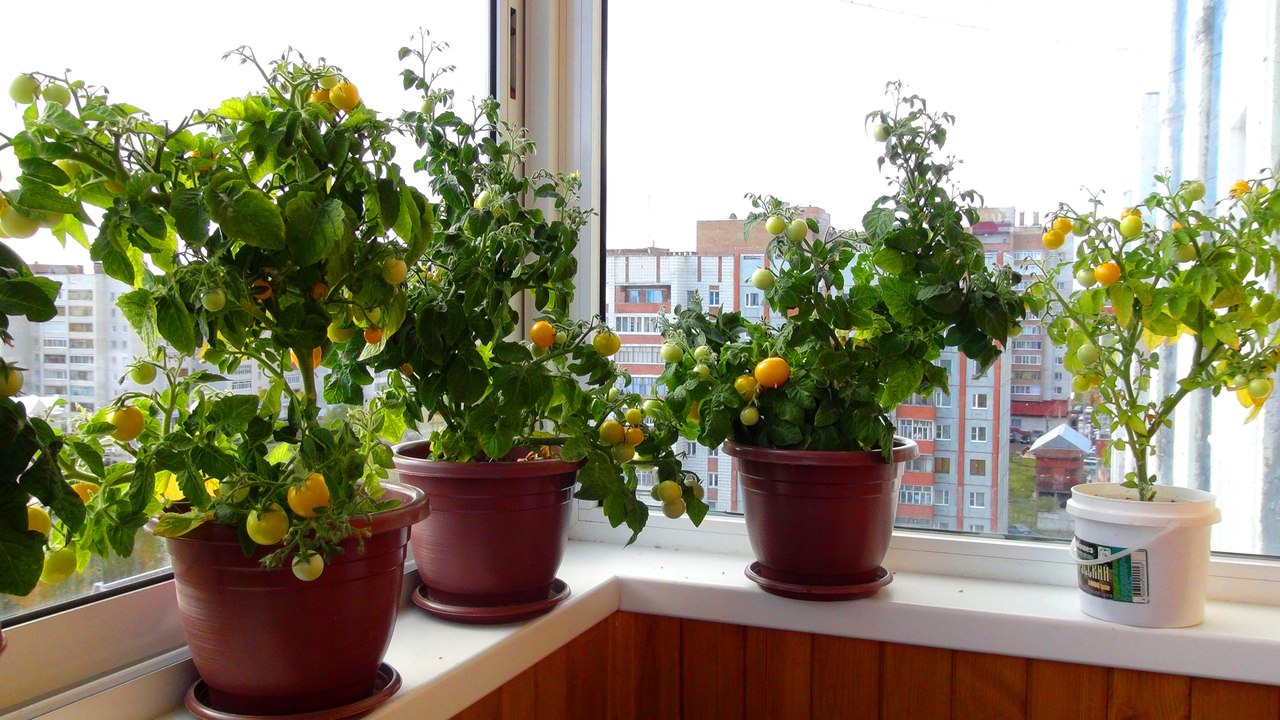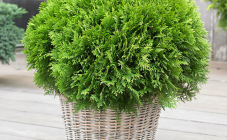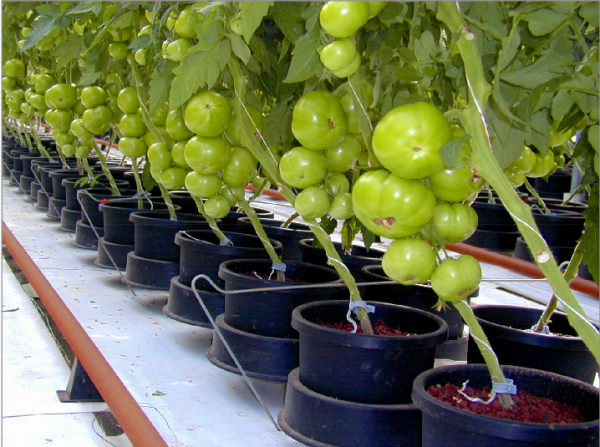Indo-ducks are the most unpretentious birds to care for. They do not get sick, do not require special food and conditions of detention. The article will talk about who the musky ducklings are growing at home and feeding.
Indoor ducklings
In order for the hen to bring the babies out, it is imperative to follow some rules:
- An Indo-woman should sit in silence and be away from places where cars or other equipment constantly rumble.
- The duck must have access to water, where it will bathe and thus moisturize the eggs.
- There should be a sufficient amount of dry food near the hen. These can be corn seeds or other grains. This will allow her to feed without leaving the roost.
- There should be a pasture near the nest so that the future “mother” can nibble on the grasses.
If everything is done correctly, the first bite will begin in thirty-four or thirty-six days.
Hatching of babies begins with an almost imperceptible crack in the shell. It increases with every minute, and soon the duckling is born. The only caveat is that you should never touch the eggs and try to pick out the shell.
During incubation, do not be scared if the bird begins to throw the clutch and does not sit on the nest for a long time. This is quite normal, since before leaving to graze, the hen wraps the clutch with down and feathers. In addition, a cooling period is important during incubation of eggs. During the heating process, everything inside the egg begins to grow and thereby displace air from the inside. When the masonry cools down, the opposite process takes place. Thus, gas exchange occurs in the egg.
In addition, it is impossible to disturb the duck at all in the clutch; it is better not to touch the eggs with your hands. Moreover, it is not recommended to take babies away from the hen. Here is the Indo-woman brought out the ducklings, what to do next? The bird itself should take them out on the first walk. Only after that the nest is removed, in its place a fresh, dry litter spreads, where the “mother” and the babies will spend the night.
Since the duck will not be able to keep the babies warm, in this case the best option in bad weather would be simply not to let them go outside in the first days. At the same time, water and feed are installed in the house. The room needs to be heated so that the temperature inside is optimal.
Many people want to know what to do if an Indo-woman does not accept ducklings and why? If you have to take care of the babies on your own, then it is best to take them from the duck after all the chicks of the brood hatch. They keep babies in a box that is heated. The bottom is covered with shavings or straw, a lamp is hung over the kids. Many novice farmers are interested in what to feed Indo-ducklings in the early days?
On the second day, babies are given a mixture of bran, eggs and milk.Those ducklings that won't eat need to be fed on their own. On the third day, they will learn to do it themselves.
Raising ducklings in the first weeks
Already on the fourth day, babies can be given more nutritious food, which consists of:
- Finely chopped onion;
- Curd;
- Spinach;
- Finely ground grain.
The feed for chicks should be fortified with vitamins and minerals to prevent the formation of pathologies such as rickets and to strengthen the immune system.
Indo-girls are fed according to the following schedule:
- For day-old babies, food is given at least five to six times;
- After a week, the babies are fed four to five times;
- When the ducklings are one month old - three or four times;
- Older birds are fed two or three times a day.
Vitamins and minerals
Indo-duck has hatched ducklings what to do and how to raise them? You can feed ducks with ducklings either with special compound feeds or with self-created feed. Compound feed is fed in most cases on production farms. Only individual poultry farmers prepare feed on their own. It is important to remember that feeding directly depends on the season. In summer, vegetables, herbs, herbs are mainly used. In winter, they feed the birds with grain.
Before feeding muscovy ducklings, they make up a menu for birds, where it must be borne in mind that the feed should contain proteins, fats and carbohydrates, vitamins and minerals in equal proportions. They are mostly found in cereals:
- wheat,
- oats,
- corn,
- legumes.
It is recommended to add animal proteins to food, which are found in foods such as:
- meat and bone and fish meal,
- sour milk
- return
Fats are obtained from cake and meal from plants that are specially grown for oil.
To provide vitamins, you need to feed the Indo-women with vegetables and herbs. In winter and spring, birds must definitely add vitamins to their diet. To do this, you can buy them in a special store. Minerals can be supplied to birds by adding chalk, salt, and shells to their diet. It is especially important to feed the ducks with these minerals as they fly.
In the summer, add to the feed:
- Greens - grass, tops;
- Root vegetables - cabbage, carrots, zucchini, pumpkins, beets;
- Grain - wheat, corn, barley, oats;
- Legumes - lupine, vetch, peas, bean and pea tops.
For the winter diet, make a mash of the following components:
- Wheat - 30 g.
- Barley - 20 g.
- Oats - 20 g.
- Wheat bran - 20 g.
- Meat and bone flour - 10 g.
- Herbal flour - 20 g.
- Beets - 20 g.
- Potatoes - 30 g.
- Silo - 20 g.
- Minerals - 8 g.
- Salt - 1 g.
Feed is laid at the rate of two hundred grams of feed per day per duck. The same can be said for drinking. One duck will need at least half a liter of water.
For ducks, these substances are especially important, so they need to be added additionally. The list of vitamins needed for birds includes:
- A - it is necessary to improve immunity, enables the chicks to grow quickly. It is found in fish oil and egg yolks, carrots, clover and grass.
- D - helps the body to assimilate minerals such as phosphorus and calcium, has a positive effect on the development of bones and the formation of shells. A lot of it is found in foods such as fish oil, eggshells.
- E - needed during the period when the duck rushes.Contained in such products: sprouted cereal grains, soybeans, milk, vegetable fat.
- B2 - you need to give small ducklings for rapid growth and development. It is found in foods such as milk, herbs, yeast.
- B5 - needed for the excellent functioning of the digestive system. This vitamin can be obtained from foods: cabbage, potatoes, green grass, carrots.
- C - thanks to this vitamin, immunity improves, plumage grows quickly, and wounds heal. Most often, it is produced by the birds themselves, but at the same time, C is found in vegetables and herbs.
- Calcium and phosphorus are essential for the development of bones and eggshells. They can be obtained from bone meal, shells, chalk and shells.
- Sodium can be obtained from regular table salt.
In the absence of any vitamin or mineral, birds immediately show this, lagging behind in growth and development. This is especially evident after wintering. Therefore, it is recommended to give premixes to Indo-women in spring. Thanks to these additives, birds begin to recover quickly.
It is important to take into account that in no case should babies be fed sticky food. Such food will seal the beak and airways.
Ducklings grow intensively for two months. Therefore, in the second month of feeding, it is necessary for the birds to gain muscle mass and a layer of fat. They need abundant feeding. To do this, in a ratio of ten heads, give the following feed:
- Compound feed - 1.5 kg.
- Boiled waste with meat - 200 g.
- Boiled potatoes - 600 g.
- Grass, nettle, beet tops, alfalfa.
- Gravel, shells, eggshells.
Farmers Tips
When growing Indo-yat professionals, they focus on starting the first feeding of babies. First of all, this process accelerates the resorption of the yolk in the baby's body. At the same moment, the intestinal tract begins to work. It is for this reason that it is important for babies to eat well and on time.
The first thing to give to ducklings is a boiled egg. But, since babies still do not know how to eat at all and peck at everything that moves in order to wean them from it, egg crumbs hoar on the backs of babies. Water should also be given to chicks on the same day that they were born. At the same time, you will have to teach them how to drink correctly.
When breeding chicks using an incubator, you must adhere to the following rules:
- The eggs are carefully examined in order to identify the defect in time.
- Eggs are laid in the morning, but before that they need to be slightly warmed up. It is also taken into account that the eggs should lie freely in the incubator, which will greatly facilitate the work during turning.
- In order for incubation to be successful, it is necessary to properly maintain temperature and humidity. The room must be ventilated, the eggs must be turned over. Incubation lasts for a month.
When buying ducklings, you should be careful when choosing:
- It is best to buy from familiar sellers, with whose products you can not only get acquainted with the words, but also see the activity of the pets yourself.
- Only those individuals are selected that are actively running and moving.
- It is important to pay attention to bowel movements. The feces should not be too thin.
- It is best to buy chicks that are 24 hours old.
Raising Indo-ducklings is not such a difficult task. The main thing is proper nutrition in the first days of life. Then the bird will look for food on its own.
